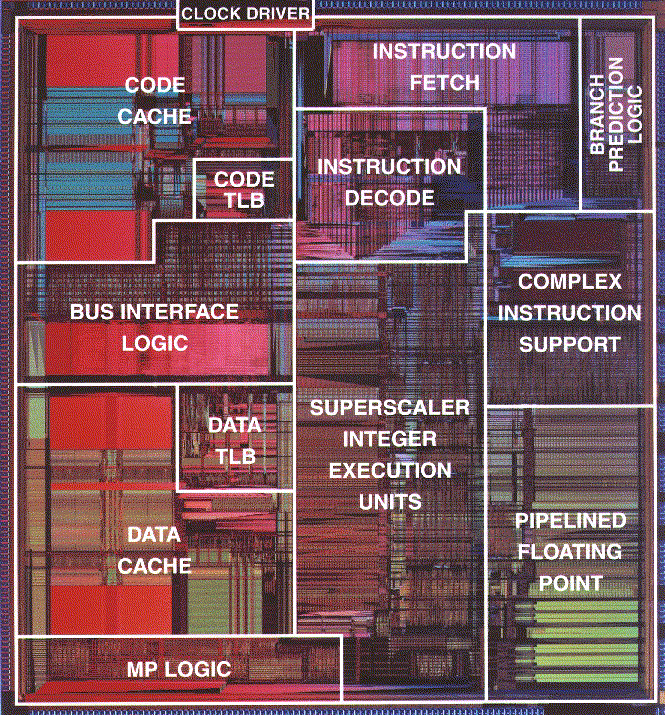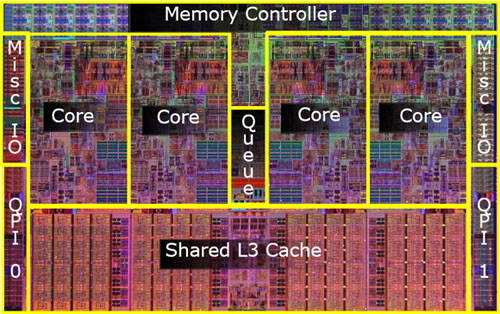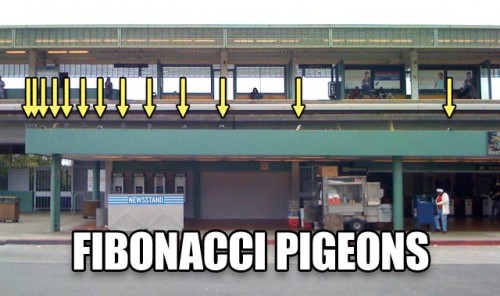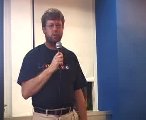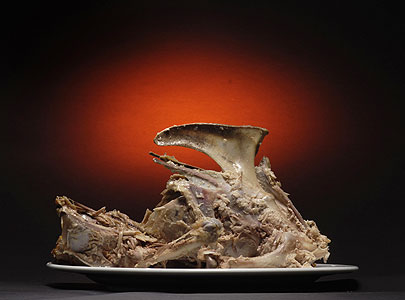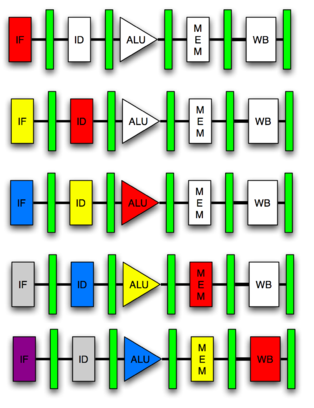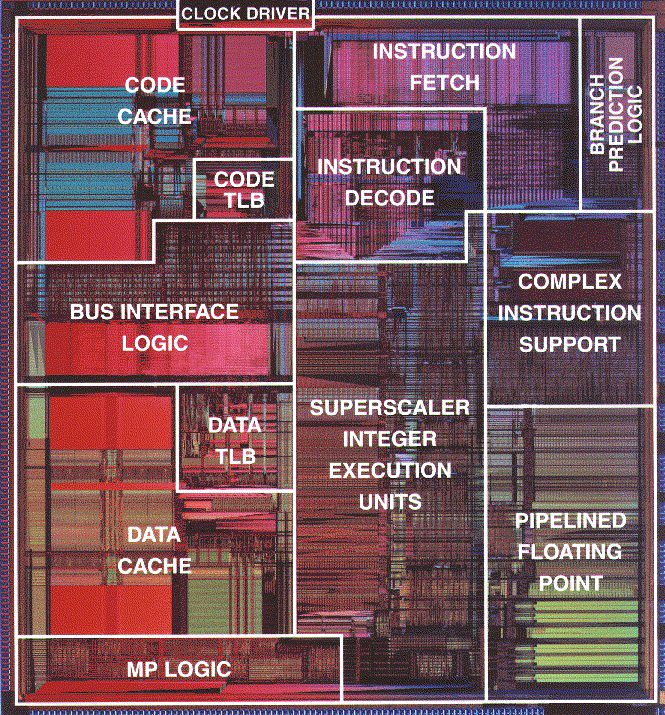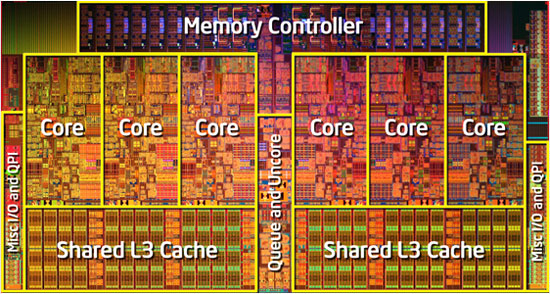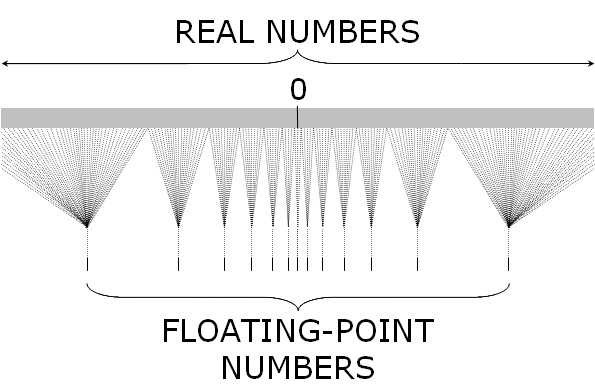Difference between revisions of "CSC231 Schedule 2010"
(→Weekly Schedule) |
|||
| (7 intermediate revisions by the same user not shown) | |||
| Line 1: | Line 1: | ||
| + | --[[User:Thiebaut|D. Thiebaut]] 08:28, 6 January 2011 (EST) | ||
| + | ---- | ||
| + | |||
| + | <br /> | ||
<center> | <center> | ||
[[CSC231 | Back to Main Page]] | [http://cs.smith.edu/classwiki/index.php/CSC231_Page_(2010) Class Wiki] | [[CSC231 | Back to Main Page]] | [http://cs.smith.edu/classwiki/index.php/CSC231_Page_(2010) Class Wiki] | ||
| Line 303: | Line 307: | ||
; Monday | ; Monday | ||
* Continuation of Coverage of Recursion | * Continuation of Coverage of Recursion | ||
| − | * <videoflash>5X8cM2JiqzI</videoflash> | + | * <!--videoflash>5X8cM2JiqzI</videoflash--> |
* Video: History of Computers | * Video: History of Computers | ||
<tanbox> | <tanbox> | ||
| Line 336: | Line 340: | ||
---- | ---- | ||
| − | * [[CSC231 Homework 9 2010 | Homework #9]] | + | * [[CSC231 Homework 9 2010 | Homework #9]] and [[CSC231 Homework 9 Solution 2010 | Solution Program]] |
|| | || | ||
* [http://en.wikipedia.org/wiki/Compiler_optimization Compiler optimization] on wikipedia. | * [http://en.wikipedia.org/wiki/Compiler_optimization Compiler optimization] on wikipedia. | ||
| Line 391: | Line 395: | ||
** [http://maven.smith.edu/~thiebaut/classes/231/floatingpoint.html Floating-Point Converter] applet. | ** [http://maven.smith.edu/~thiebaut/classes/231/floatingpoint.html Floating-Point Converter] applet. | ||
---- | ---- | ||
| − | * [[CSC231 Homework 10 2010 | (''Optional'') Homework #10]] | + | * [[CSC231 Homework 10 2010 | (''Optional'') Homework #10]] and [[CSC231 Homework 10 Solution 2010| solution program]] |
|| | || | ||
* [http://webster.cs.ucr.edu/AoA/Windows/HTML/Arraysa2.html 2D Arrays] | * [http://webster.cs.ucr.edu/AoA/Windows/HTML/Arraysa2.html 2D Arrays] | ||
| Line 406: | Line 410: | ||
| Week 15 <br /> 12/13 | | Week 15 <br /> 12/13 | ||
|| | || | ||
| − | [[Image:CSC231RangeOfFloats.jpg |200px|right|link= | + | [[Image:CSC231RangeOfFloats.jpg |200px|right|link=http://jasss.soc.surrey.ac.uk/9/4/4.html]] |
; '''Monday''' ''<font color="magenta">Last Class</font>'' | ; '''Monday''' ''<font color="magenta">Last Class</font>'' | ||
* IEEE Floating-Point Representation | * IEEE Floating-Point Representation | ||
| Line 412: | Line 416: | ||
** [http://maven.smith.edu/~thiebaut/classes/231/floatingpoint.html Floating-Point Converter] applet. | ** [http://maven.smith.edu/~thiebaut/classes/231/floatingpoint.html Floating-Point Converter] applet. | ||
** Range of IEEE Floats | ** Range of IEEE Floats | ||
| − | ** Compare range of floats to ints | + | ** Compare range of floats to ints. Ask [http://www.wolframalpha.com/input/?i=10^32+inches Wolfram Alpha] what is 10^32 inches! |
** Adding two floats | ** Adding two floats | ||
** Examples of Floating-Point operations in Assembly | ** Examples of Floating-Point operations in Assembly | ||
| Line 424: | Line 428: | ||
---- | ---- | ||
| − | * [[CSC231_Lab_8 2010 | A Lab on Floating-Point | + | * [[CSC231_Lab_8 2010 | A Lab on Floating-Point Numbers] to explore on your own! |
* [[CSC231 Final Exam 2010 | Final Exam]] --> due date = ''12:00 p.m. on Monday December 20, 2010'' | * [[CSC231 Final Exam 2010 | Final Exam]] --> due date = ''12:00 p.m. on Monday December 20, 2010'' | ||
|| | || | ||
| − | * | + | * [http://www.cs.umd.edu/class/spring2003/cmsc311/Notes/BinMath/addFloat.html Notes on adding floating-point numbers] |
Latest revision as of 20:43, 3 November 2014
--D. Thiebaut 08:28, 6 January 2011 (EST)
Contents
Weekly Schedule
| Week | Topics | Reading | ||||||||||||||
| Week 1 9/08 |
|
| ||||||||||||||
| Week 2 9/13 |
nasm -f elf -F stabs -l helloworld.S helloworld.asm
|
| ||||||||||||||
| Week 3 9/20 |
|
| ||||||||||||||
| Week 4 9/27 |
|
| ||||||||||||||
| Week 5 10/04 |
|
| ||||||||||||||
| Week 6 10/11 |
|
| ||||||||||||||
| Week 7 10/18 |
|
| ||||||||||||||
| Week 8 10/25 |
|
| ||||||||||||||
| Week 9 11/01 |
|
| ||||||||||||||
| Week 10 11/08 |
|
|||||||||||||||
| Week 11 11/15 |
|
|||||||||||||||
| Week 12 11/22 |
|
| ||||||||||||||
| Week 13 11/29 |
|
| ||||||||||||||
| Week 14 12/06 |
|
| ||||||||||||||
| Week 15 12/13 |
|
|
List of Selected Programs
Assembly
Miscellaneous Information
- Things to remember when working on homework assignments...
Linux Related
